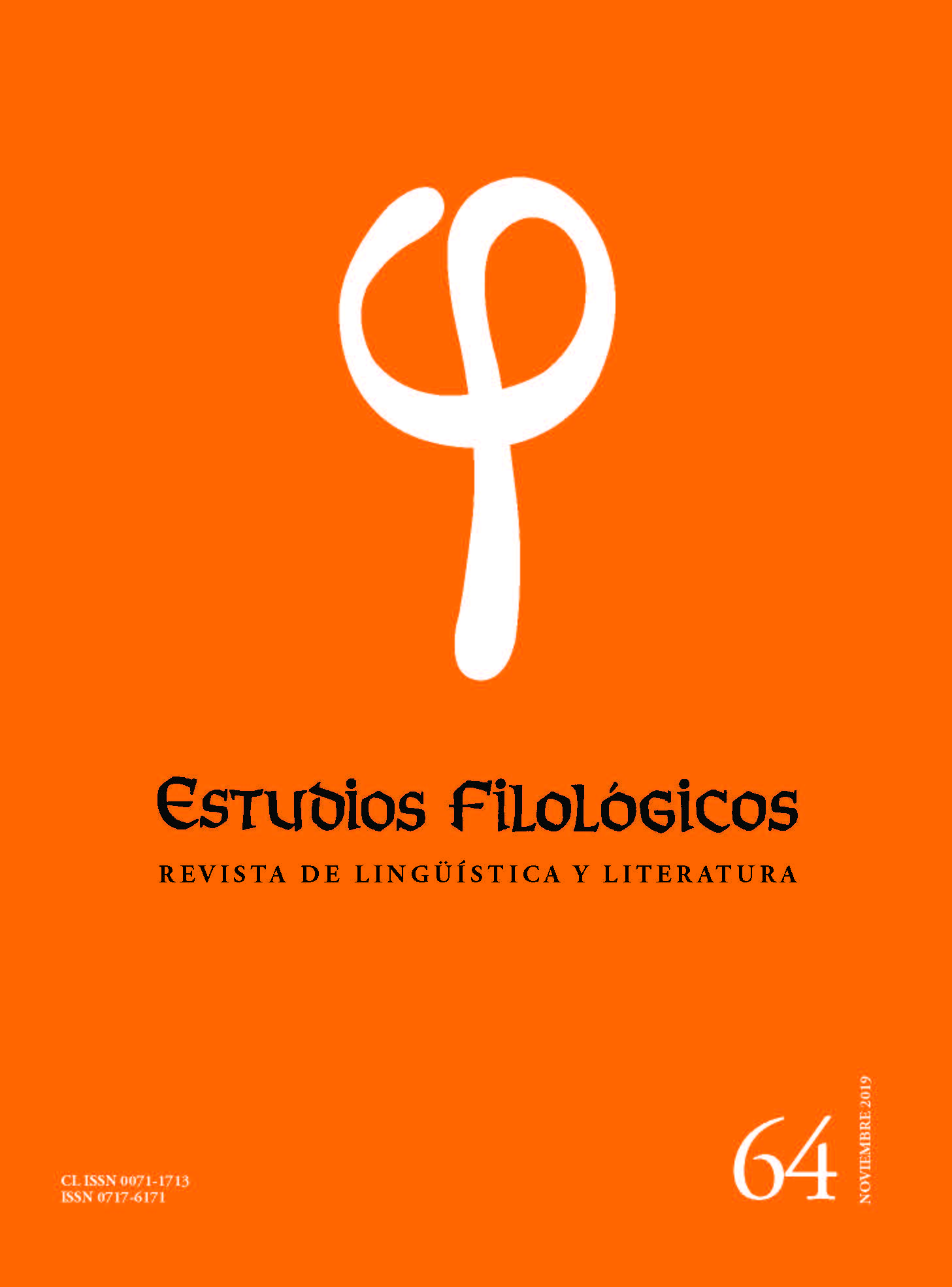Language Ideologies in the Study of ‘Indigenous Language Competence’ in Chile. Theoretical and Methodological Implications
Main Article Content
Abstract
This paper critically examines studies dealing with the so-called competence in an indigenous language in Chile. Through an analysis articulated around the notion of language ideology, it is shown that these studies are shaped, theoretically and methodologically, by the influence of monoglossic and standard language ideologies. These ideologies impose a monolingual bias and a view of languages as reified, standard and homogenous on the study of competence. It is argued that the propositions contained in these studies do not reflect the sociolinguistic characteristics of contact situations in Chile and that they enforce external categories and hierarchies of speakers. It is concluded by suggesting a different approach to the study of the sociolinguistics of indigenous languages where the emphasis is not so much on an ill-defined notion of competence but on the discovery, description and explanation of language practices and communicative repertoires that include speakers’ perspectives in relation to their changing sociocultural realities.

